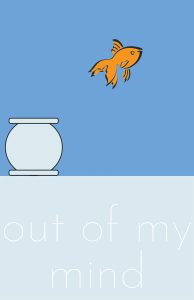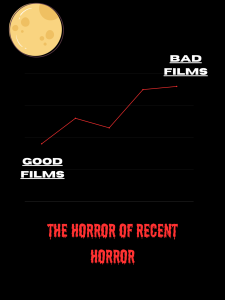Perspectives: Tyler the Creator’s old music masters the balance between vulnerability and violence
October 5, 2021
For a different perspective on this topic, read this piece by Owen Reimer.
I first fell in love with the sounds of Tyler the Creator as a freshman. His soothing horrorcore satiated my spirits during major down periods in my life. The edgy, uncensored, raw music reminded me of my childhood listening to 2000s Eminem. Tyler the Creator’s music before “Flower Boy” is a beautiful moshpit of violence and vulnerability.
The first time the world was introduced to Tyler was in 2008. Tyler was in a music collective called Odd Future with artists such as Frank Ocean, Earl Sweatshirt, and Syd the Kid. In 2009 Tyler released his first solo project, “Bastard.” For the first eight years of his career Tyler maintained a unique string of beats enhanced by haunting lyrics.
Two years later “Goblin” was released. It is the perfect indie rap album, sucked dry of all resemblance of pop. It’s an amazing follow-up to the dark and brooding “Bastard.” Unlike other albums Tyler has produced, the meaning behind the album can be lost in the sound. “Goblin” encapsulates the voice of an isolated teenager struggling to find sanctity in the world around him. Throughout the album Tyler includes interjections of his conversations with his alter-ego and therapist Dr. TC. These conversations provide insight into Tyler’s internal turmoil related to his mental health, sexuality, and self-image.
“Goblin,” above all, is extremely relatable. Tyler said it best, “I’m a 19 year old ******* emotional coaster with pipe dreams.” This album is a gem wrapped in barbed wire: the blinding repetition of violence adds to a hidden theme about pain and rejection. The first single off the album, “Yonkers,” remains a fan-favorite for Tyler fans, and rightfully so. The beat was originally made as a joke, but Tyler’s ability to highlight his personal conflict with his sexuality, family relationships, and motivation add yet another layer of complexity.
In 2013, Tyler released “Wolf.” This album is perfect for car rides where you can turn your bass up and roll all the windows down. “Wolf takes” a different approach than “Goblin,” and throughout the lyrics documenting aggression and violence, we hear Tyler open up about feeling abandoned by his dad and rejected by society. Tyler also raps about his opposition with his public image, revealing an unseen side of the musician. The track “Tamale” features sounds from several genres including marching band. The lyrics are graphic enough that you can’t play it with your mom in the car, but in a moment of solitude this song is exhilarating to jam out to. Another one of my favorites is “Rusty” featuring Domo Genesis. This was my first introduction to Domo Genesis outside of Odd Future, and I fell in love with his style after his first verse.
Finally, in traditional Tyler fashion, two years later “Cherry Bomb” was released. “Cherry Bomb,” in my humble opinion, represents everything that is Tyler the Creator. The album begins with ”Deathcamp.” “Deathcamp” is one of my favorite Tyler songs of all time. The loud rock beat slaps you in the face, but it’s not with an overly optimistic tone. Regardless of what mood I’m in I find myself shaking my head to the beat. “FIND YOUR WINGS” featuring Kali Uchis also makes it on the album, introducing an upbeat jazzy background and amazing vocals. The tone for “Cherry Bomb” is rough and chaotic, and there are moments I find myself lost in the ambience of sound.
Tyler the Creator simply creates amazing music. His music prior to 2015 reflects a time of rapid growth that I as a teenager can relate to. Feeling pure rage while being an emotionally confused mess is an accurate representation of my high school experience, and Tyler reflects those sentiments in his music.






